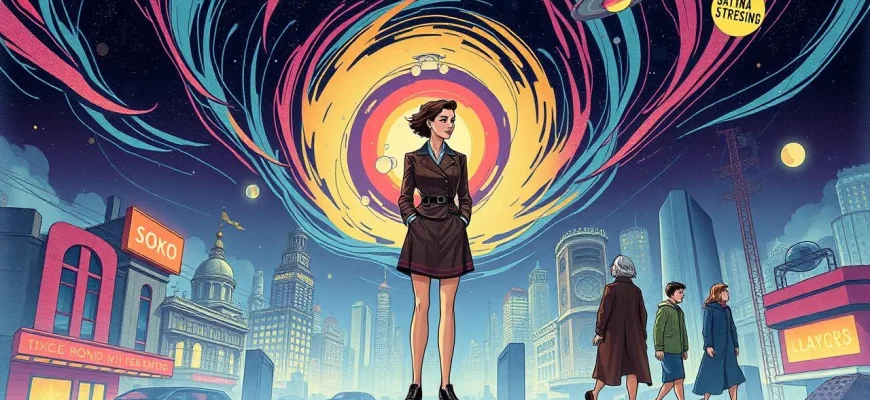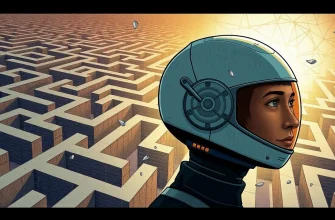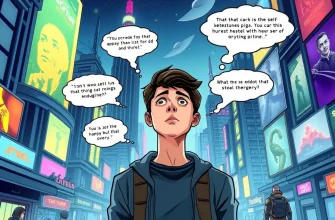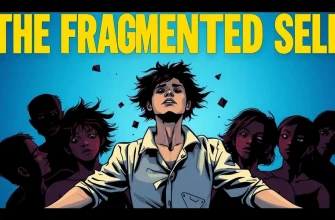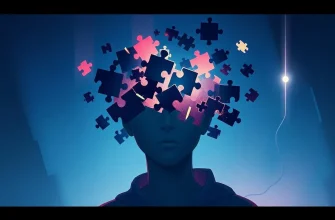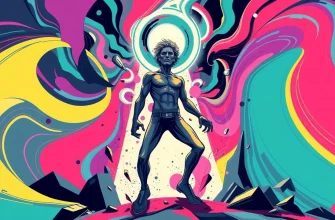If you're fascinated by the intricate dance between reality and the mind's illusions, then this curated list of sci-fi films exploring schizophrenia is just for you. These films not only entertain but also offer a deep dive into the psychological complexities of the human mind, blending science fiction with the very real experiences of those living with schizophrenia. From mind-bending narratives to thought-provoking themes, these films provide a unique cinematic journey that challenges perceptions and invites introspection.

The Ninth Configuration (1980)
Description: This lesser-known gem by William Peter Blatty (of "The Exorcist" fame) explores the lives of astronauts in a psychiatric hospital, questioning the nature of sanity and reality.
Fact: The film was initially released with a different title, "Twinkle, Twinkle, Killer Kane," before being re-released under its current name.
 Watch Now
Watch Now
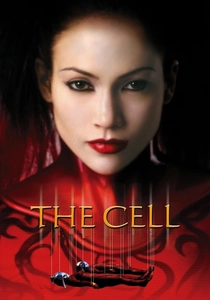
The Cell (2000)
Description: While primarily a thriller, the film delves into the mind of a comatose serial killer through virtual reality, exploring themes of mental illness and the subconscious. Its surreal visuals and psychological depth make it relevant.
Fact: The film's visual effects were groundbreaking at the time, earning it an Academy Award nomination for Best Visual Effects.
 Watch Now
Watch Now
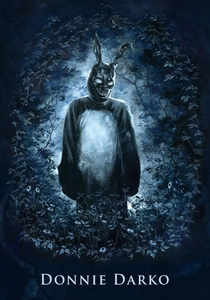
Donnie Darko (2001)
Description: This cult classic blends time travel, alternate realities, and mental illness. Donnie's visions of a menacing rabbit and his subsequent actions blur the lines between reality and fantasy, making it a quintessential film for this list.
Fact: The film was initially released with limited success but gained a massive following through home video and word of mouth.
 Watch Now
Watch Now
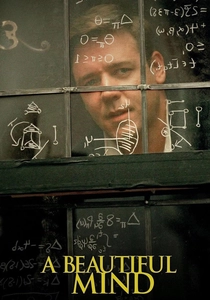
A Beautiful Mind (2001)
Description: This film, while not strictly sci-fi, delves into the life of John Nash, a mathematical genius who battles schizophrenia. The portrayal of his hallucinations and the struggle to discern reality from delusion is both poignant and enlightening.
Fact: The film won four Academy Awards, including Best Picture and Best Director for Ron Howard.
 Watch Now
Watch Now
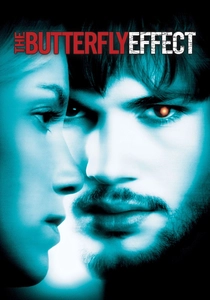
The Butterfly Effect (2004)
Description: Evan Treborn discovers he can travel back in time to his childhood, but each change he makes has unintended consequences, including severe mental health issues. The film explores the chaos theory and its impact on mental stability.
Fact: The film has several alternate endings, reflecting the theme of choices and their consequences.
 Watch Now
Watch Now
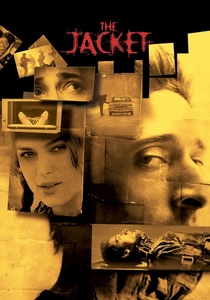
The Jacket (2005)
Description: After being wrongly committed to a mental institution, Jack Starks experiences time travel through experimental drug treatments. His journey through time and his struggle with his own sanity make for a gripping narrative.
Fact: Adrien Brody, who plays Jack, was nominated for a Saturn Award for Best Actor for his performance.
 Watch Now
Watch Now
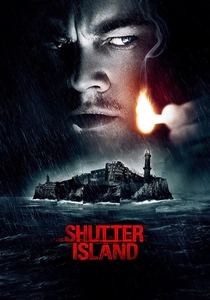
Shutter Island (2010)
Description: In this psychological thriller, U.S. Marshal Teddy Daniels investigates a psychiatric facility, only to find himself questioning his own sanity. The film's twist ending and exploration of mental illness make it a compelling watch.
Fact: The film was shot on location at the former Medfield State Hospital in Massachusetts, adding to its eerie atmosphere.
 Watch Now
Watch Now

The Voices (2014)
Description: Jerry, a factory worker, hears voices from his pets, leading him into a dark comedy of crime and mental illness. The film's unique blend of humor and horror makes it an intriguing addition to this list.
Fact: Ryan Reynolds performed all his own singing in the film, showcasing his musical talents.
 Watch Now
Watch Now
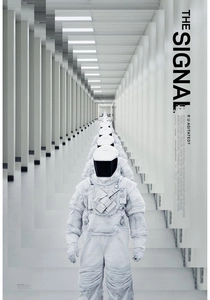
The Signal (2014)
Description: This sci-fi thriller involves a mysterious signal that affects people's behavior, leading to a surreal journey where reality is questioned. The film's exploration of perception and mental stability is both thrilling and thought-provoking.
Fact: The film was shot in sequence to maintain the actors' genuine reactions to the unfolding plot.
 Watch Now
Watch Now
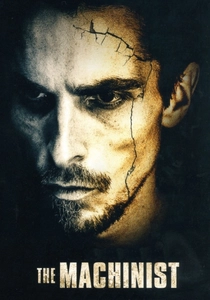
The Machinist (2004)
Description: Christian Bale's portrayal of Trevor Reznik, a machinist suffering from severe insomnia and paranoia, delves into the psychological horror of a man losing his grip on reality. The film's use of surreal imagery and psychological tension makes it a standout.
Fact: Bale lost over 60 pounds for the role, showcasing his dedication to the character's physical and mental state.
 30 Days Free
30 Days Free

